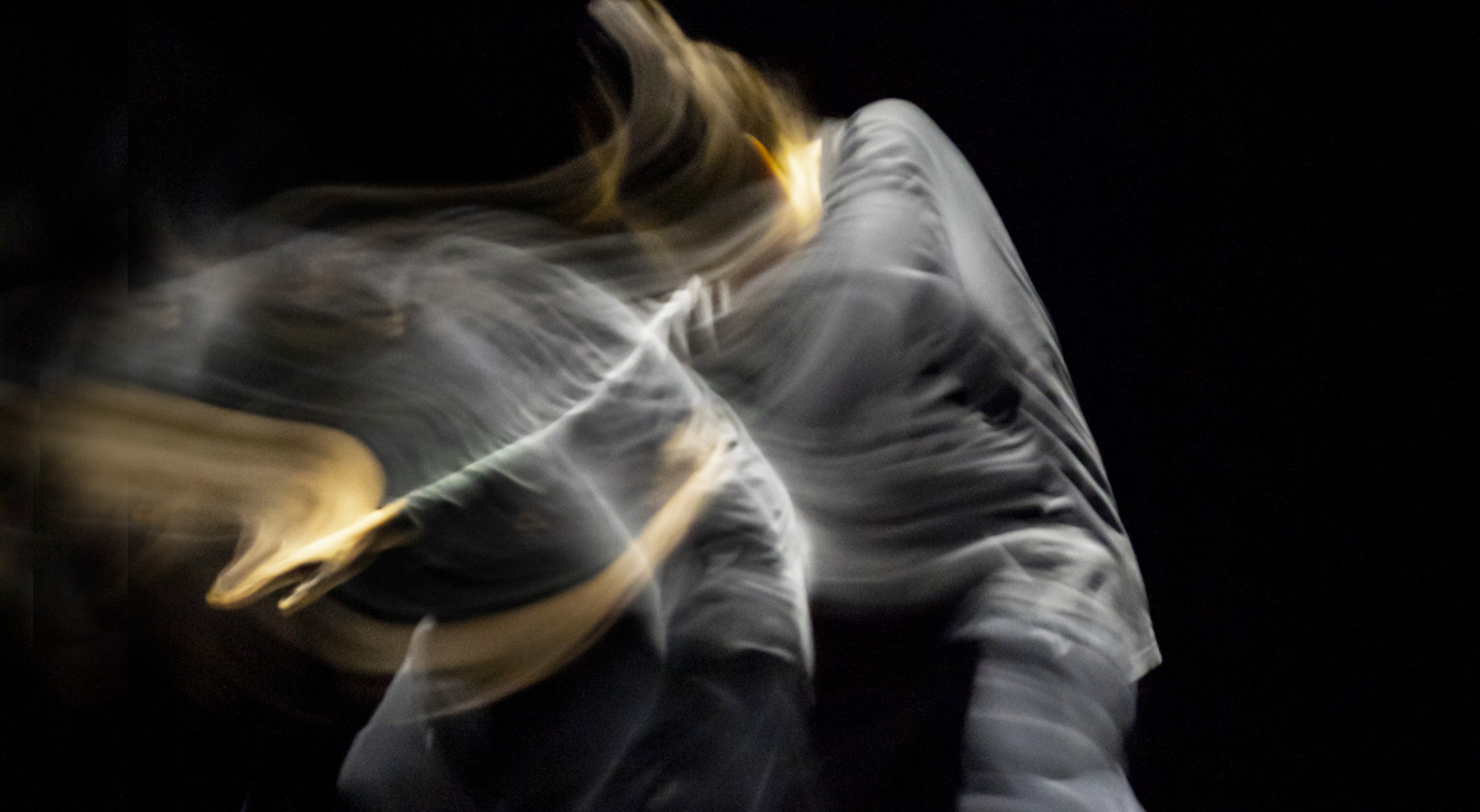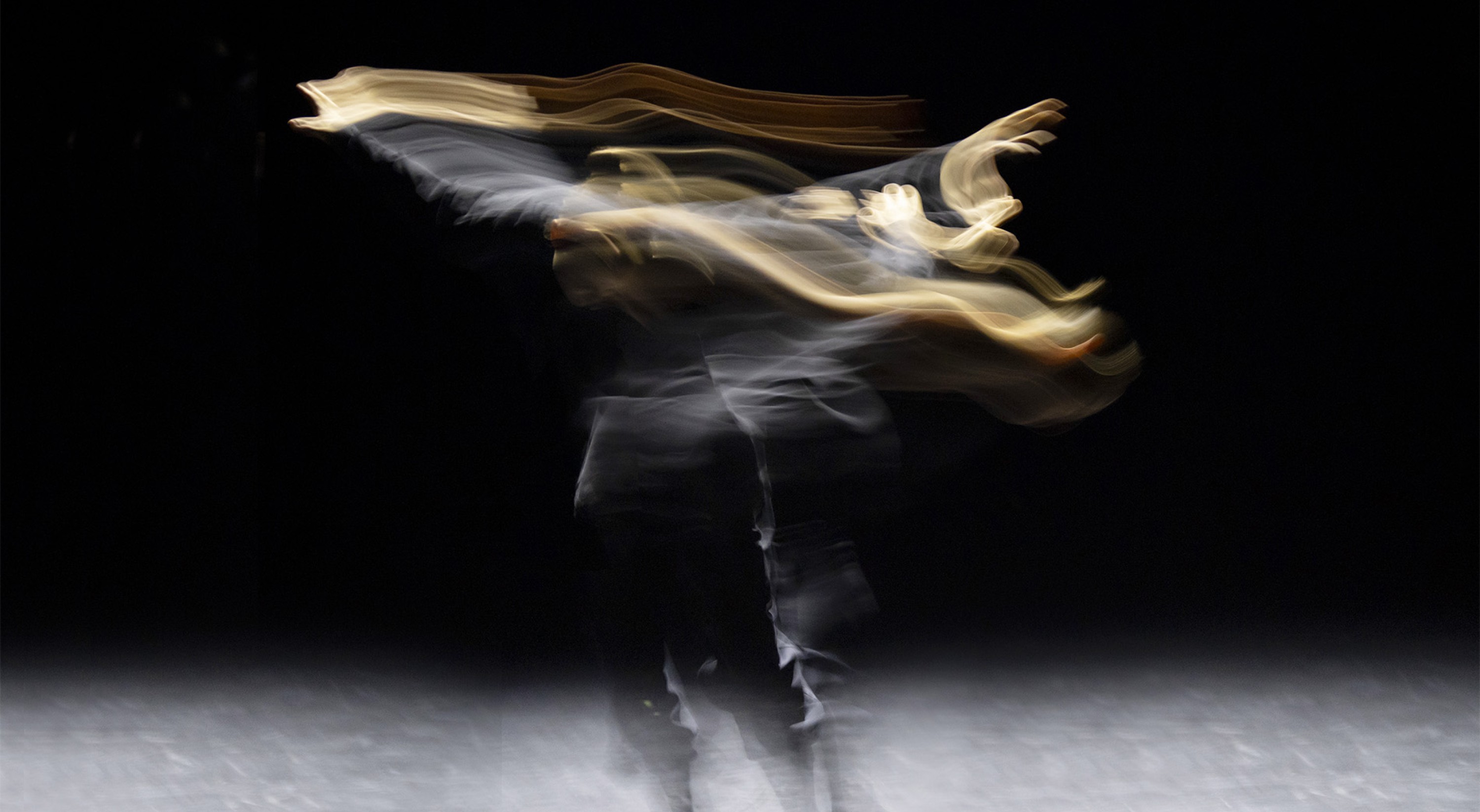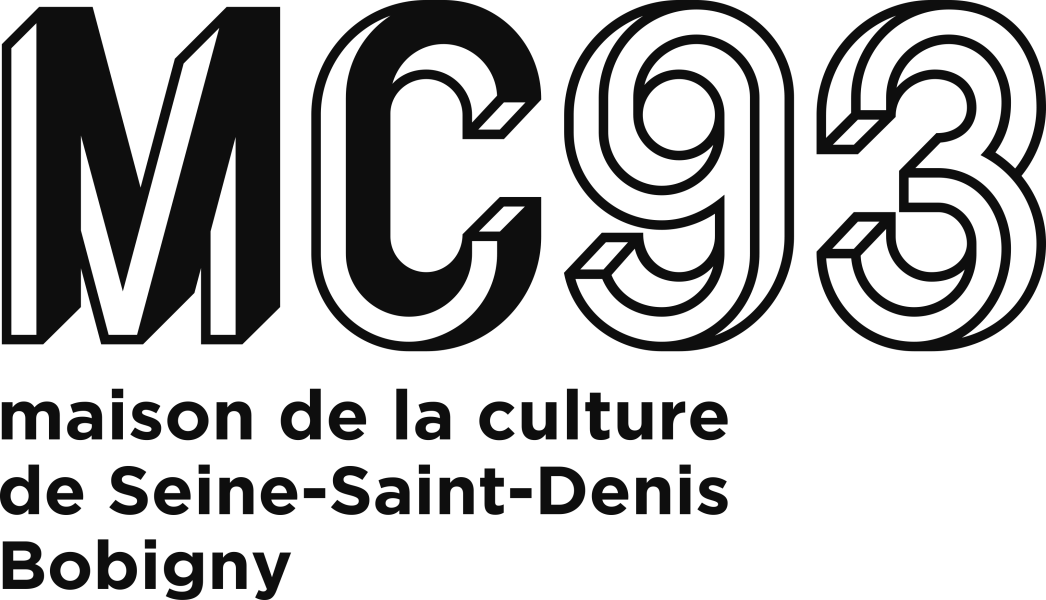Nacera Belaza
L’Envol
decemberdec 8 – 10
Choreography, sound design and lights, Nacera Belaza
Featuring Paulin Banc, Nacera Belaza, Aurélie Berland, Mohammed Ech Charquaouy
General director, Christophe Renaud
Produced by Compagnie Nacera Belaza
Co-produced by Festival Montpellier Danse; MC93 – Maison de la Culture de Seine-Saint-Denis (Bobigny); deSingel – International arts campus (Antwerp); Points communs, Nouvelle scène nationale de
Cergy-Pontoise et du Val d’Oise; Theater Freiburg; Centre Chorégraphique National – Ballet de Lorraine (Nancy), which provided studio space; CCN2 – Centre chorégraphique national de Grenoble;Centre National de Danse Contemporaine – Angers, which provided studio space; Festival d’Automne à Paris
With support from King’s Fountain; Fonds Transfabrik – the French-German fund for live performance; Villa Albertine; Région Île-de-France as part of its creative support scheme; Ministry of Culture, Drac Île-de-France as part of the theater subsidy scheme [compagnie conventionnée]
Co-directed by MC93 – Maison de la Culture de Seine-Saint-Denis (Bobigny); Festival d’Automne à Paris
Nacera Belaza probes deep into the liminal space revealed by emptiness. The choreographer sets out to engender states of conscience and body in which the individual might falter, succumb, and embrace the inevitable. For the last thirty years, the artist has been unceasing in her efforts to invite performers and audiences to experience a fascinating dance of the existence, on the frontier between darkness and light.
At the start of each new piece, there is always an unrevealed image. This interior landscape enables the choreographer to create a matter which she then hollows out in order to allow the contours of this “unexpected emptiness which meets all our expectations” to appear. Onstage, in the company of other performers, Nacera Belaza looks for the paths which will lead each of us to the abandonment of our fears and resistances, and to the renunciation of the body and all forms of knowledge. This is the path that leads to the acceptation of failure as a liberating force. Proceeding via a process of subtraction, she creates sparse, pared down works for which she composes the choreographic, sound and lighting scores. Similar to tuning an instrument, the artist harmonises those who are dancing and those are watching so that they run on the same frequency, the perceptible and the imperceptible. Following on from L’Onde, presented at the Festival d’Automne à Paris in 2020, with this new piece Nacera Belaza places herself at the exact same place where her research has always brought her, in which the unmasterable brings forth the unexpected, a possible other.
See also
In the same place


